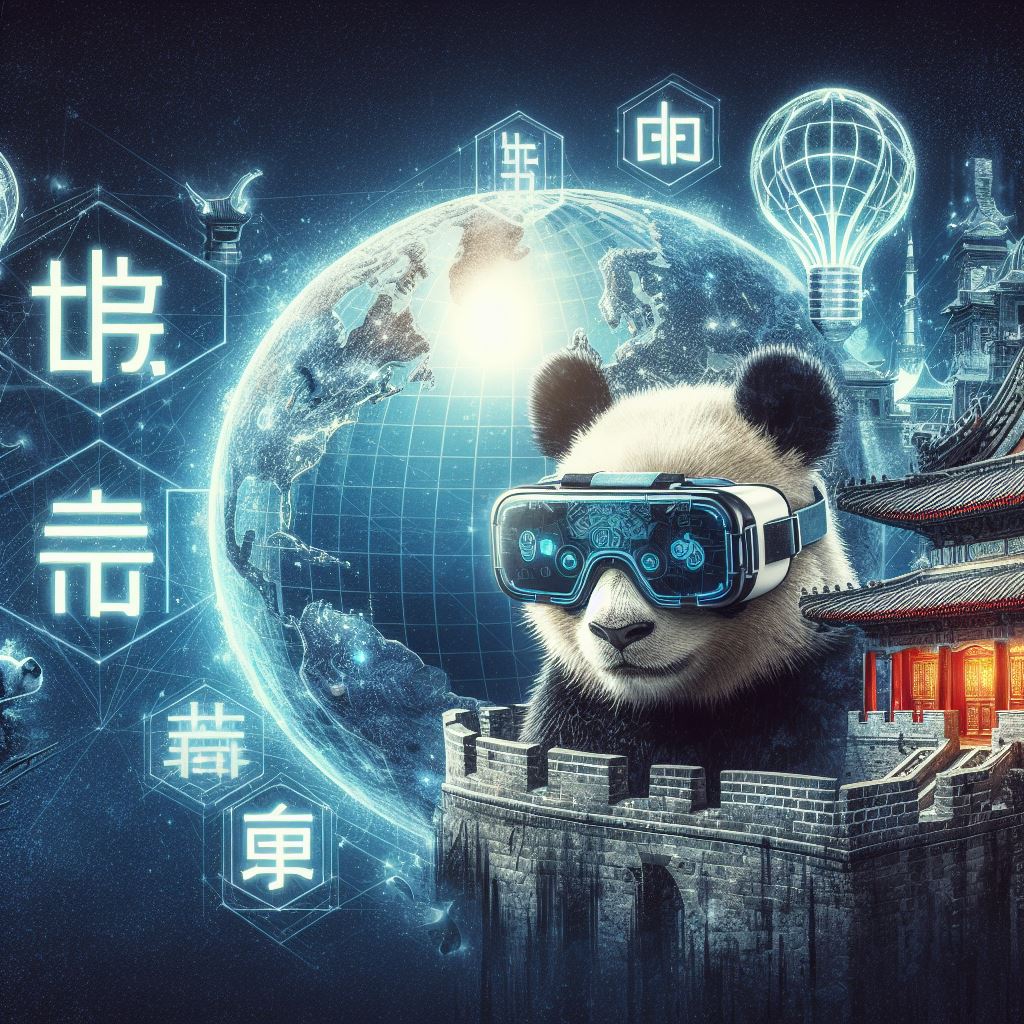中國人的國際形象和地位相對日本人和韓國人較不佳的原因。
中國人的國際形象和地位相對日本人和韓國人較不佳,可能受到以下幾個因素的影響:
歷史和政治因素:中國在過去幾個世紀一直是世界上最大的帝國之一,但在近代史上經歷動盪和挑戰。文化大革命、天安門事件等事件使得中國的政治形象受到一定的負面影響。相比之下,日本和韓國在現代歷史中可能更多地受到西方國家的青睞,因為它們在政治和經濟上更與西方價值觀接近。
經濟發展的不平衡:雖然中國在經濟上取得巨大的成就,成為全球第二大經濟體,但仍然存在著區域和社會經濟發展的不平衡。一些地區仍然存在貧富差距和基礎設施不足等問題,這可能影響中國形象的一致性和穩定性。
文化差異:中國的文化與西方文化有著不同的價值觀和社會結構,這可能導致一些誤解和分歧。相比之下,日本和韓國的文化可能更容易被西方社會接受和理解,因為它們在某些方面更與西方文化相似。
政治制度和人權問題:中國的政治體制和人權狀況常常受到國際社會的關注和批評。與之相比,日本和韓國的政治制度和人權狀況可能被視為更開放和透明,這有助於提升它們的國際形象。
衛生問題:有些中國人在公共場所隨地吐痰、亂丟垃圾,並且講話大聲喧嘩及到處抽菸,這種行為常常令人感到反感。
治安問題:部分中國人在國外,例如泰國和緬甸等地,從事詐騙和人口販賣活動,對當地造成嚴重的治安問題。
總的來說,中國的國際形象和地位受到多種因素的影響,包括歷史、政治、經濟、文化等方面。要提升中國人的國際形象和地位,需要通過改善國內問題、加強文化交流、提升國際形象等多方面的努力。
The international image and status of Chinese people are relatively less favorable compared to Japanese and Korean people, which may be influenced by several factors:
Historical and political factors: China has been one of the world's largest empires for centuries, but it has faced turmoil and challenges in modern history. Events like the Cultural Revolution and the Tiananmen Square incident have contributed to a somewhat negative political image of China. In contrast, Japan and South Korea may have received more favor from Western countries in modern history due to their closer alignment with Western values in politics and economics.
Uneven economic development: Despite significant economic achievements, China still faces regional and social disparities in economic development. Issues like wealth inequality and inadequate infrastructure persist in some areas, potentially affecting the consistency and stability of China's image.
Cultural differences: China's cultural values and social structures differ from those of the West, leading to misunderstandings and differences. In comparison, Japanese and Korean cultures may be more easily accepted and understood by Western societies due to certain similarities with Western culture.
Political system and human rights issues: China's political system and human rights situation often receive attention and criticism from the international community. In contrast, the political systems and human rights situations in Japan and South Korea may be viewed as more open and transparent, contributing to their international image.
Hygiene issues: Some Chinese people engage in behaviors like spitting, littering, and smoking in public places, which can be off-putting to others.
Security issues: Some Chinese individuals engage in activities such as fraud and human trafficking in foreign countries like Thailand and Myanmar, causing significant security concerns locally.
In conclusion, the international image and status of Chinese people are influenced by various factors, including historical, political, economic, and cultural aspects. To enhance China's international image and status, efforts are needed to address domestic issues, promote cultural exchange, and improve international image through various means.




照片:DALLE3
- 1
- 2
- 3
- 4
